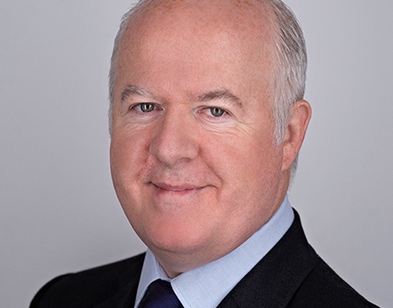Consolidation is an interesting word and it’s probably something very much on the mind of many Financial Planners and financial advisory firms as the M&A wave continues.
The dictionary definition of consolidation interesting: it's ‘the action or process of making something stronger or more solid.’ or the process of combining a number of things into a single more effective or coherent whole.
While consolidation is often seen as a negative, its intention is to make something stronger or more efficient. M&A activity, while unsettling, can often mean bigger and strong Financial Planning firms, as long as it is handled carefully.
I was reminded of all this with a story we’ve run this week which has attracted a lot of interest - M&A activity in IFA sector gathers pace.
We all know that consolidation in the IFA sector is well under way, for a variety of reasons, but the most interesting aspect is the speed of the consolidation. The pace is extraordinary, as a Opinium’s IFA Barometer survey underlined this week.
My own anecdotal evidence underlines this. In my discussions with Financial Planners I have in the past few years spoken to very few who have not been approached regularly by other firms, offering often a handsome price to take over their firm or perhaps discussing a merger.
According to the Opinium survey the pace of M&A activity has even stepped up since December with about one in 10 IFA firms (9%) acquiring other firms since December alone.
At the smaller end of the adviser firm sector there also appears to be a growing trend for smaller firms to exit the market, perhaps via consolidation. With the weight of regulation, including the Consumer Duty, I’m not surprised by this and many smaller firms have cited regulation as a key reason to consider exit. So consolidation may not always be a welcome move although it may be a necessity.
Merger too is a growing trend and one in 20 firms saying they have merged with another firm as of 2024.
Opinium says the survey also highlights a “clear trend” of smaller IFA firms exiting the market. Some 17% of sole traders say that they have sold part or all of their business in the past 12 months.
So what does all this mean for the advice sector. In my view there is good and bad consolidation.
I have spoken to numerous advisers, particularly those sceptical of takeovers, who have expressed concern that one of the negative aspects of consolidation can be increased charges for clients.
A firm taking over a £50m AUM Financial Planner who doubles annual client charges can clearly make an awful lot of money. They might improve fund performance and advice or they might not. It can be hard to see the value in consolidation from a client point of view.
How much of this impact of takeover is true or not I cannot know. It is difficult to find figures and, of course, many new owners will be reluctant to disclose higher fees for clients. Clients can always walk, of course, if they do not like the acquiring company but inertia is a powerful force.
One aspect that needs some attention is the role of regulators in all this. We often see regulatory approval being given for consolidation by the FCA but I wonder how many times the FCA probes the plan for client fees and client admin post takeover. It would be an interesting question for the FCA to ask.
• To be sent a link to view the latest issue of Financial Planning Today magazine (new issue out now) make sure you register for Financial Planning Today website if you are not already registered.
Kevin O’Donnell is editor of Financial Planning Today and a journalist with 40 years of experience in finance, business and mainstream news. This topical comment on the Financial Planning news appears most weeks, usually on Fridays but occasionally other days. Email:

